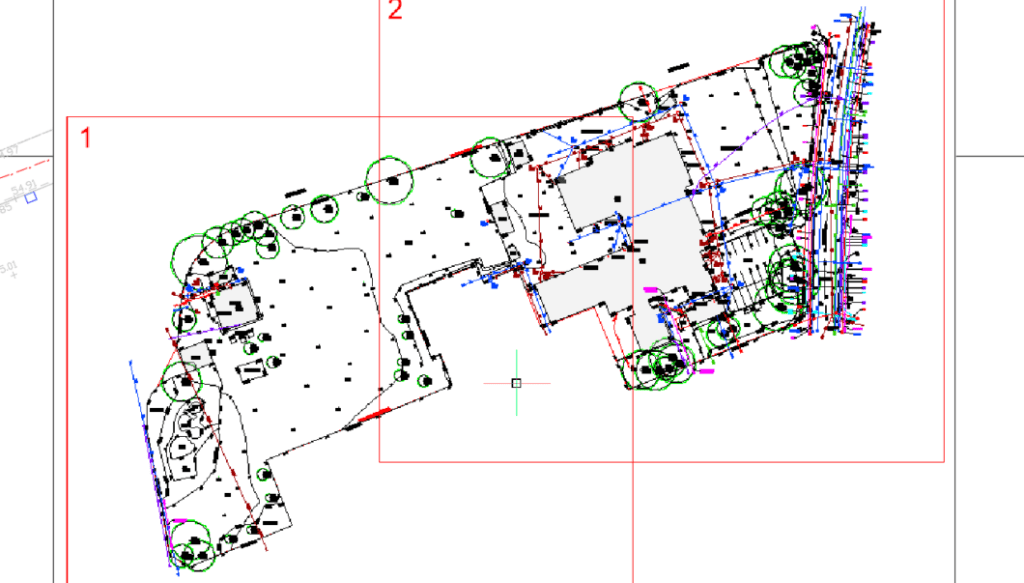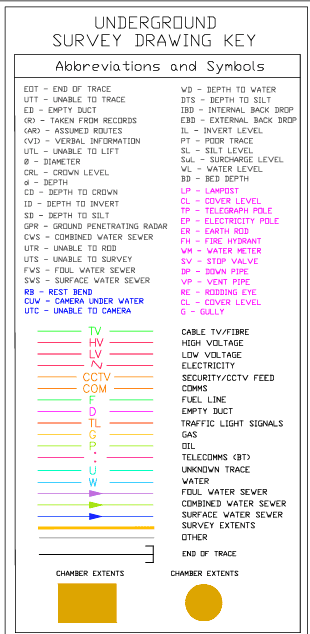12 Dangers And Risks Of Not Conducting A Utility Survey
Written by J. Jackson | Published: 16th April 2024 | Updated: 5th September
Unsure if you need a utility survey to kickstart your project?
Skipping a utility survey before starting any construction or renovations on a building poses significant risks and dangers.
Understanding these risks underscores the importance of utility surveys in construction projects.
Read below to learn about the risks and dangers to your project, should you choose not to have a utility survey before beginning works.
Alternatively, click here to discover the benefits of a utility survey.
Here at SolidPoint, we strongly believe in adding innovation and value to your project. This applies to any and every stage, whether that may be the research, planning or execution.
By following this ethos, we value sharing information to better your understanding of what the services we provide entail, along with the benefits of using them. This includes the risks you will be avoiding by using our services for your project.
Utility Surveys highlight the need for thorough planning and risk assessment to avoid potentially severe consequences.
Conducting a thorough utility survey is considered best practice in construction and building projects, as they enable you to help mitigate risks and avoid potentially severe consequences, along with any costs that are a result of this.
Overall, a utility survey supports a safer, more efficient project execution.
What Is a Utility Survey?
A utility survey provides information on buried services on your site. They are essential because they help prevent any hits on utilities when performing excavation on site or help to identify where services run to avoid interference when planning.
We have qualified surveyors that work and collect data to the British standard PAS 128. This means that your land/area will be surveyed according to tried and tested techniques to ensure that the results are as accurate as possible.
Below are 12 risks that NOT conducting a utility survey poses:
- Utility Damage
- Safety Hazards
- Environmental Impact
- Legal & Financial Penalties
- Obstruction of Emergency Services
- Project Delays
7. Interruption of Services
8. Resource Wastage
9. Insurance Complications
10. Increased Project Costs
11. Loss of Historical Data
12. Reputational damage
Now let’s go into more detail…
1. Utility damage
Striking underground utilities like gas, water, electricity, or telecommunications lines can lead to costly damages and service disruptions.
Repairing these utilities can be expensive and delay the project.
2. Safety Hazards
Hitting electrical lines poses serious safety risks, including electrocution or explosions, especially when dealing with gas lines.
This not only endangers the workers on site, but could also affect nearby residents and properties.
3. Environmental Impact
Damage to utilities can also cause environmental harm, such as when chemicals or sewage are inadvertently released into the surrounding area, leading to potential regulatory and cleanup costs.
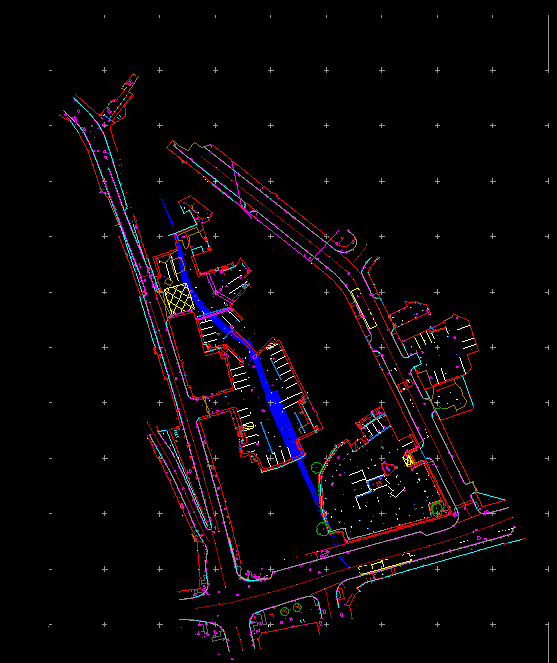
4. Legal and Financial Penalties
Damaging utilities can result in substantial legal fines and penalties. Moreover, there could be litigation costs if the damage causes harm to third parties or disrupts business operations.
5. Obstruction of Emergency Services
Damage to utilities may impede access to emergency services, potentially endangering lives if prompt medical, fire, or police responses are obstructed.
6. Project Delays
Encountering unknown utilities during construction often leads to unplanned work stoppages.
Resolving these surprises can significantly delay project timelines, leading to increased labour and management costs.
7. Interruption of Services
Accidentally damaging utilities can lead to widespread service outages, affecting not just the project site, but also neighbouring areas.
This can strain relationships with the local community and municipal authorities.
8. Resource Wastage
Hitting unexpected utilities often results in wastage of resources, such as water from broken pipes, which not only affects the project, but also the environment and resource conservation efforts.
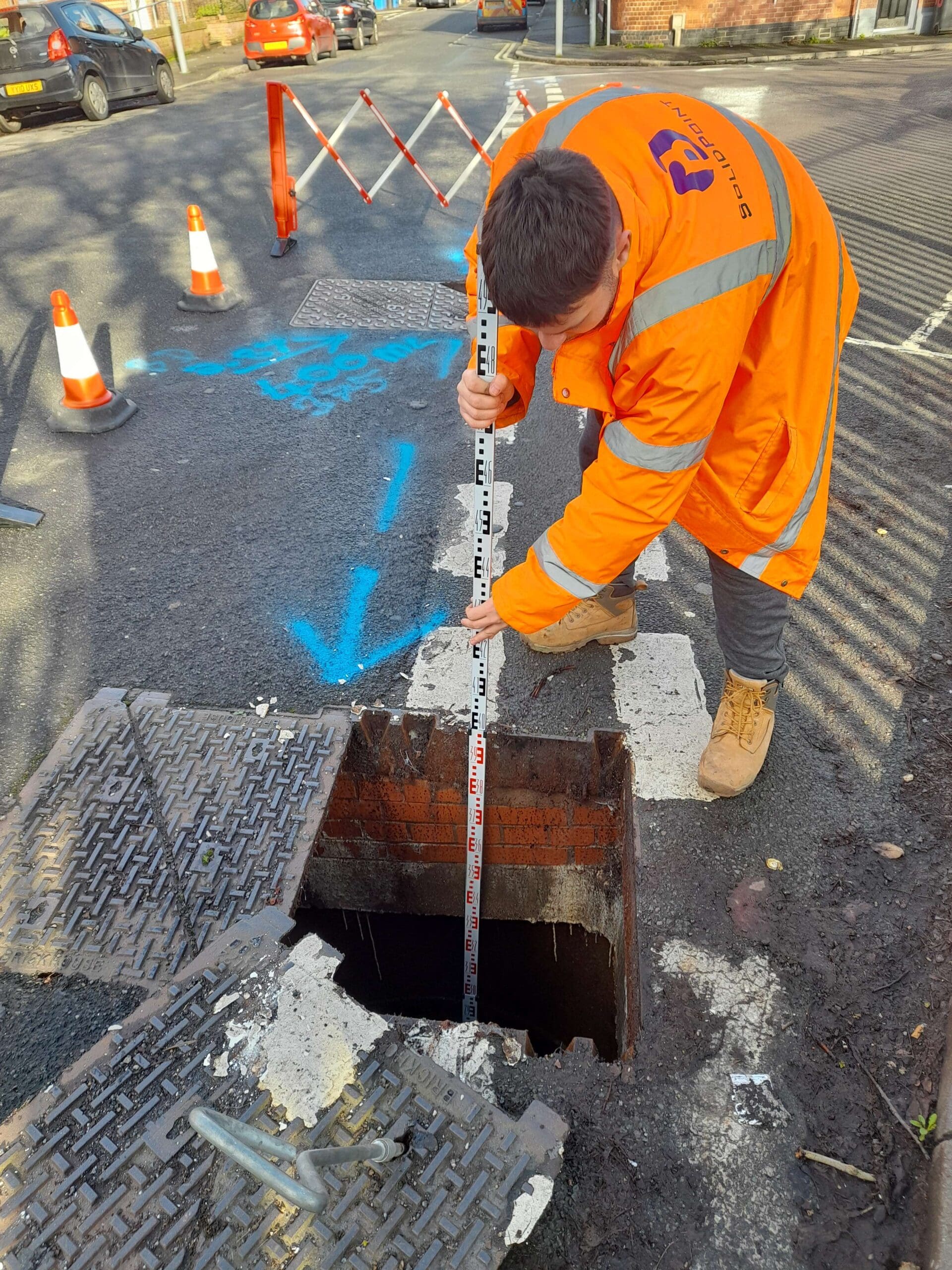
9. Insurance Complications
Without a utility survey, you may run into issues with insurance coverage.
Insurers may not cover damages that could have been avoided by conducting a preliminary survey, potentially leaving the project exposed to significant uninsured risks.
10. Increased Project Costs
Unforeseen obstacles typically result in budget overruns.
Costs associated with utility repairs, legal issues, and delays all contribute to a higher overall project cost than initially planned.
11. Loss Of Historical Data
In areas with historical importance, a utility survey can help preserve information about past infrastructure, which could be crucial for archival, historical research, or cultural heritage reasons.
12. Reputational Damage
Incidents caused by striking utilities can affect a company’s reputation, potentially leading to loss of future business and diminished trust among stakeholders.
Stay updated with us:
How Can SolidPoint Help Your Project?
At SolidPoint, we are passionate about providing accurate and efficiently collected data for our clients and have worked on numerous projects across the UK. If you are looking to commission a survey in your next project, please don’t hesitate to Get in touch with a member of our friendly team to discuss your requirements and get a free quote.
Alternatively, you can call us on 01332 898350 or email us at projects@solidpoint.co.uk for more information on our services. We look forward to hearing from you!
Give us a call on
Request a Free Quote

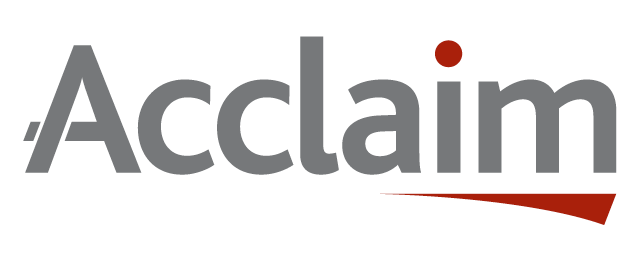



Trusted Suppliers for:













